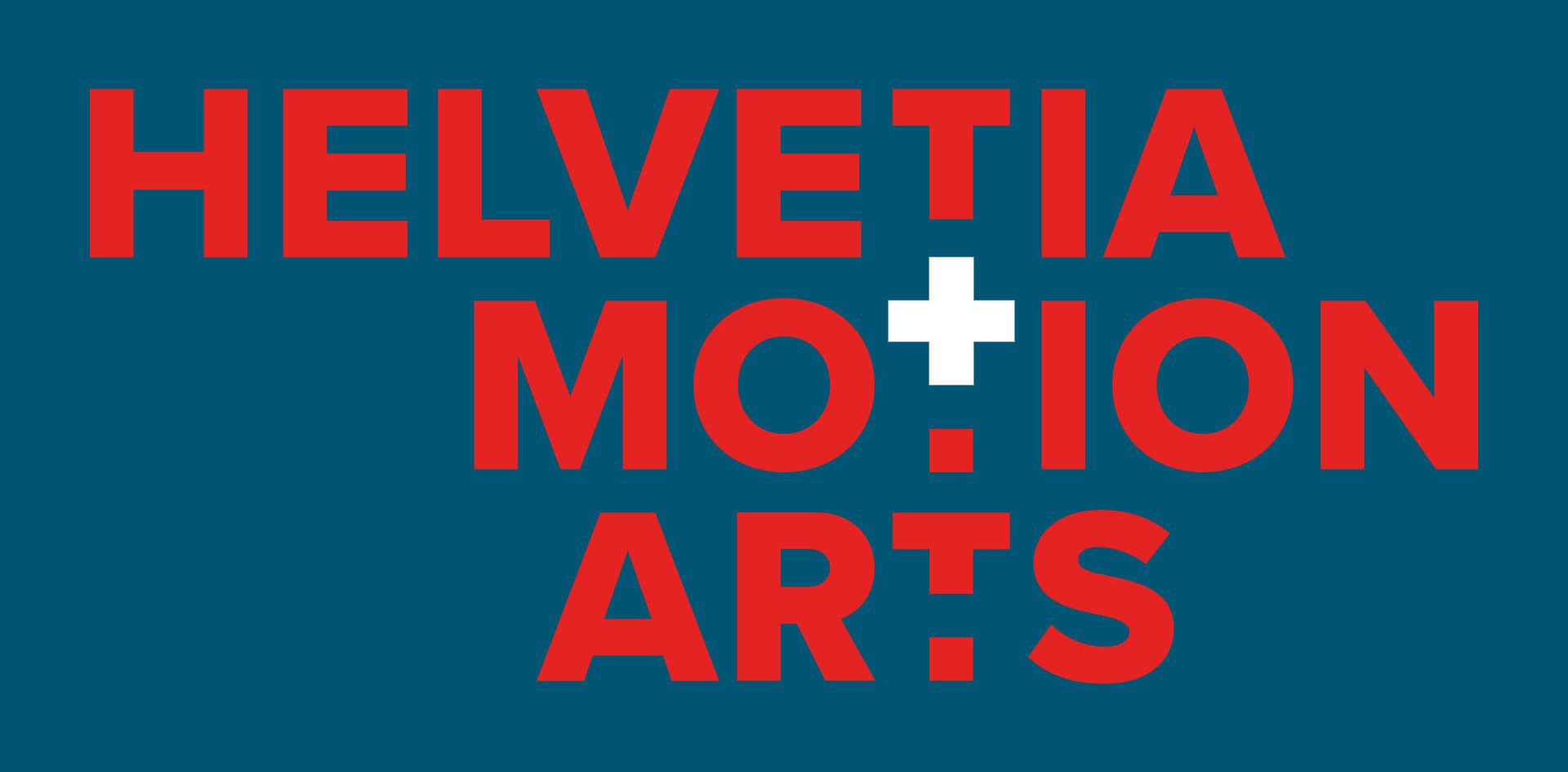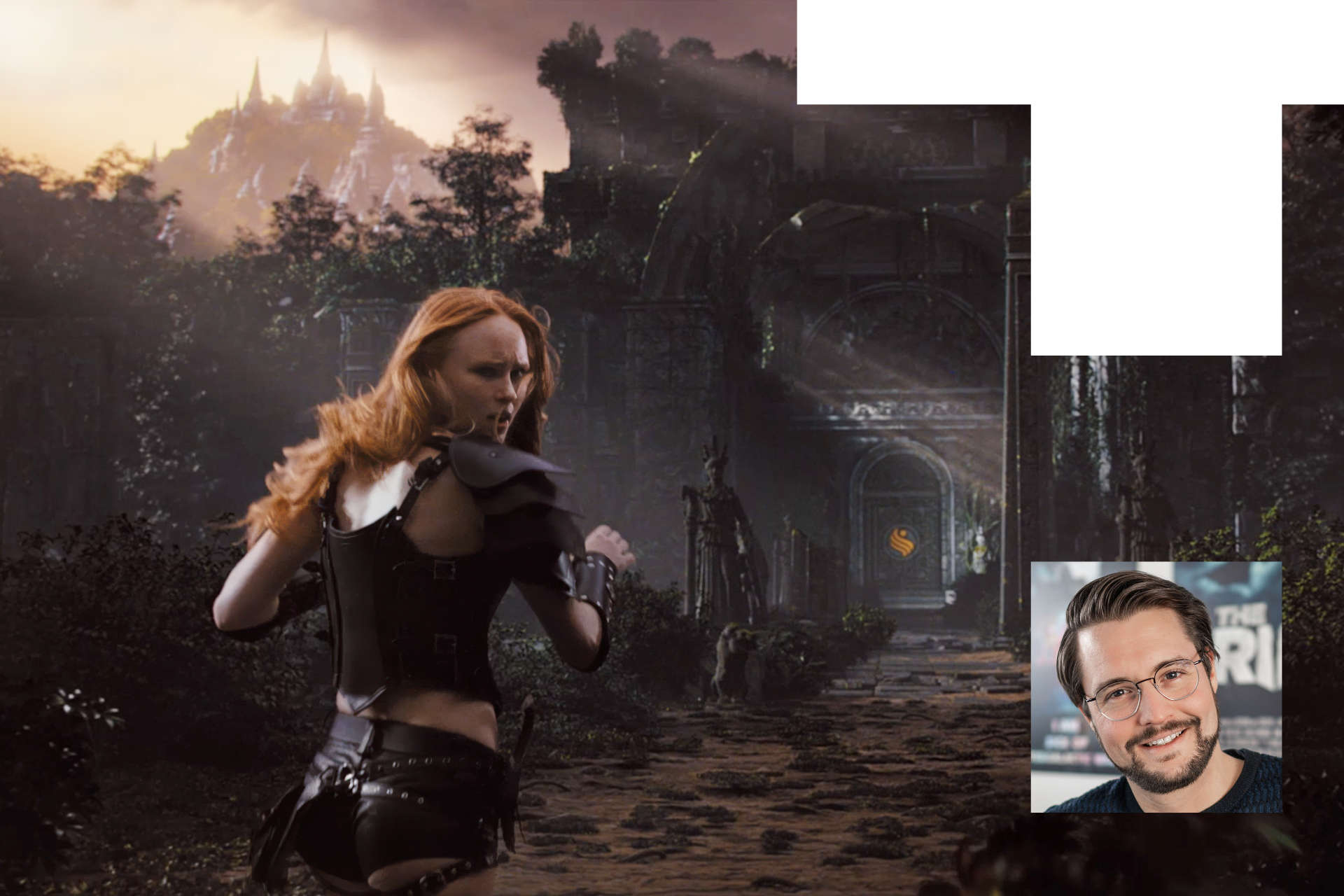
Co-founder of Zurich-based studio Cloudscape, Patrick Baumann has become a voice in Switzerland’s growing visual effects industry. With a career shaped by both technical mastery and creative vision, he shares his journey, the challenges of building a VFX studio in Switzerland, and his thoughts on the future of the local industry.
What first drew you to the world of visual effects, and when did you realize it was the career you wanted to pursue?
I always loved video games and especially the video cinematics of classics like Diablo, Starcraft and Warcraft were my inspiration to get into 3D and animation. At the young age of 13, I started learning 3D tools. Initially Bryce, later Cinema 4D which is still my main tool today. My main fascination came from the ability to create whole worlds from my imagination and tell stories in a way that always felt very intuitive to me.
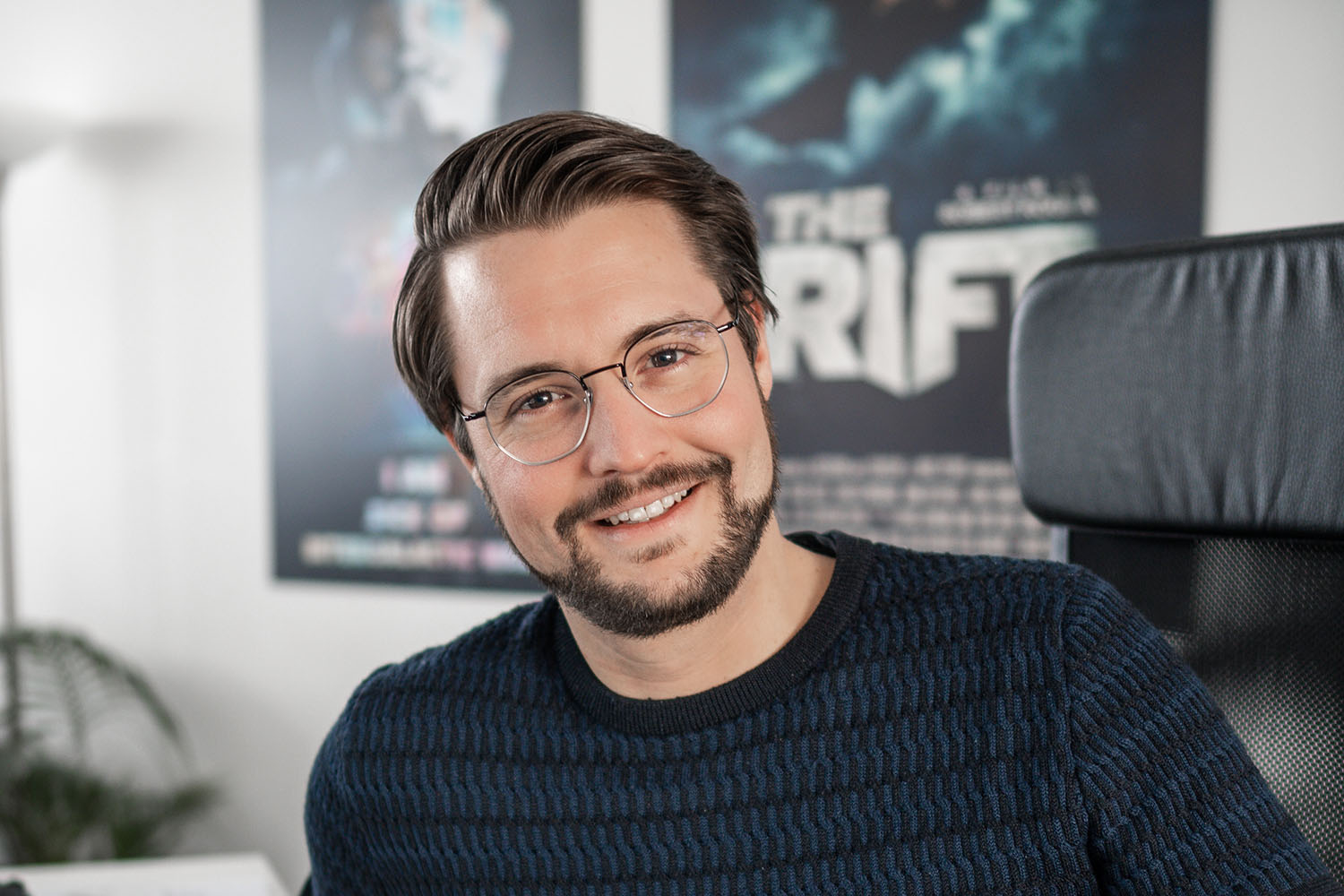
Looking back, which key moments or influences most shaped your path into the VFX industry?
After my apprenticeship as Mediamatiker, I applied to study Game Design at the ZHdK, while at the same time attending a course to deepen my knowledge of Cinema 4D. As up until then, everything in knew was self-thought. Through one of the tutors, I got the opportunity to start as an intern in the post production team of the Swiss sci-fi movie Cargo. After one year of intense learning on the job, and despite being accepted to start my bachelor study in Game Design, I knew this was my path forward.
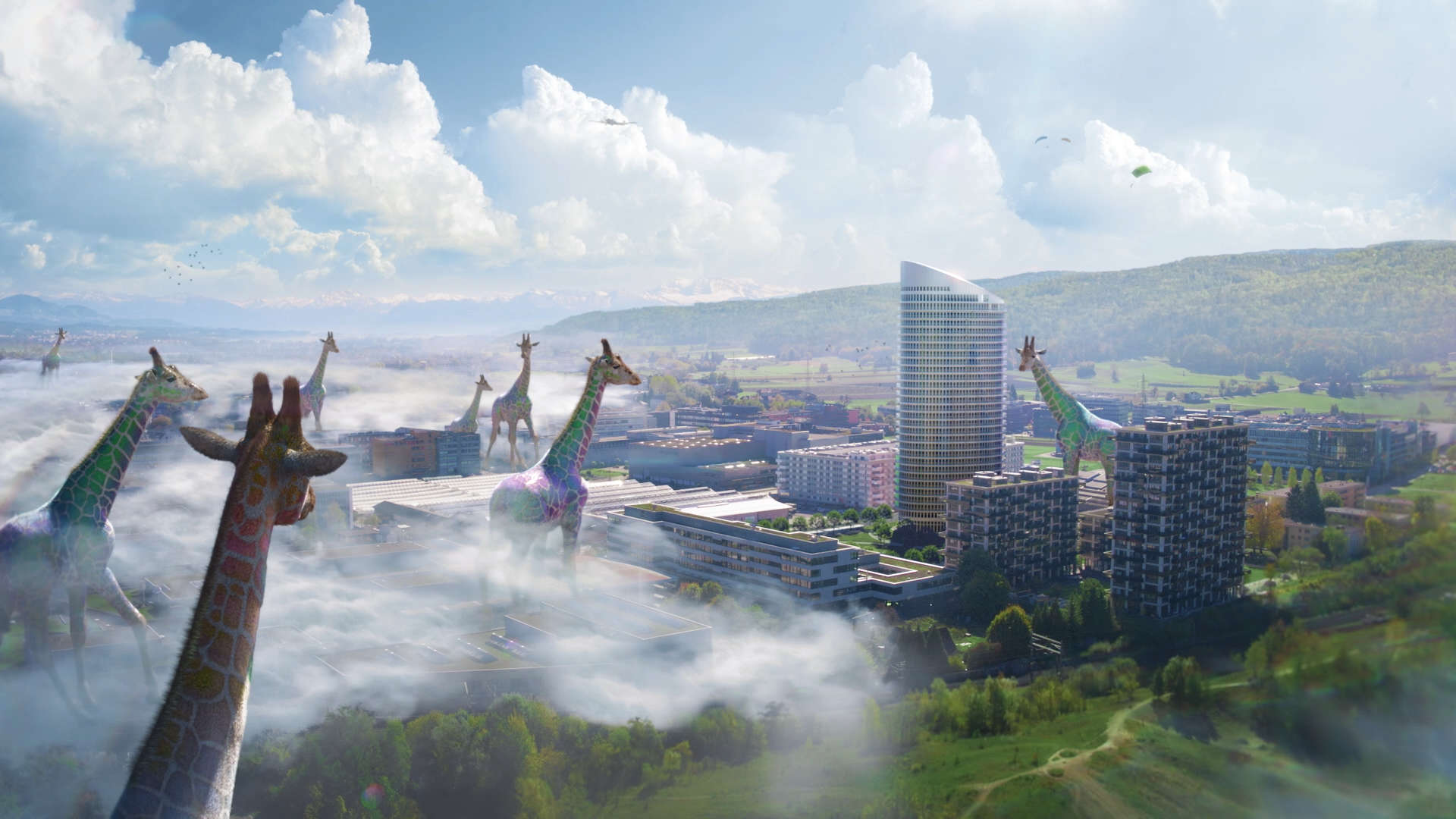
What inspired you to create your own studio, Cloudscape, and what vision did you have at the beginning?
When Cargo was finished and everyone was going back to doing freelance work, two others of the team and I decided to join forces, as we had established a good workflow and friendship. We figured we could be more effective as a team and everyone was bringing their own expertise and strengths to the table. With our main focus still on 3D, we were keen to work in commercials, product visualisation and the like. And with an impressive sci-fi film as reference, we were convinced that other VFX heavy film productions would soon follow…
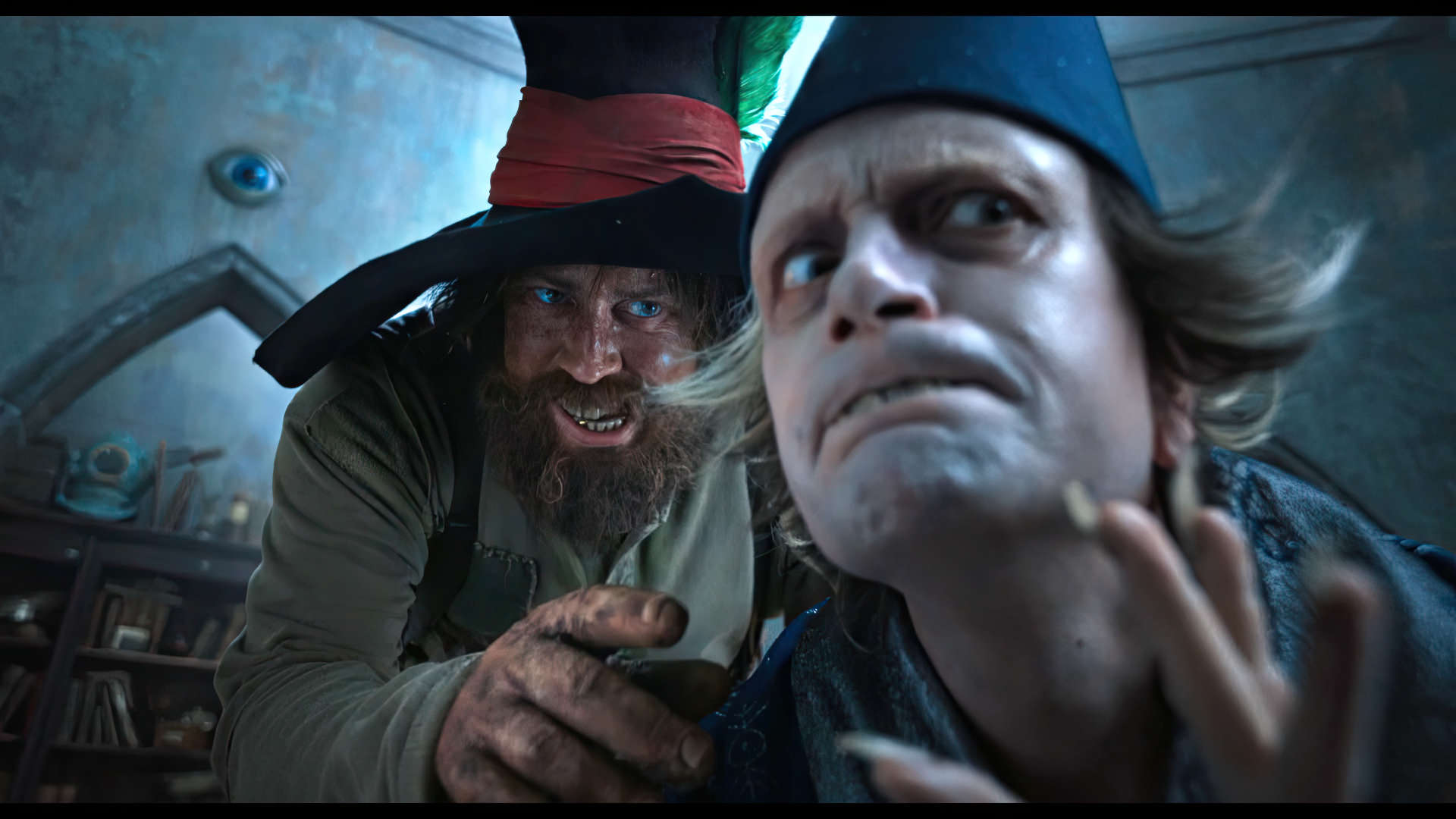
What were the biggest challenges you faced when starting Cloudscape, and how did you overcome them?
We were actually quite lucky getting into the industry, with big brands like Toblerone and Ikea being some of our very first clients, which led to good word of mouth propaganda. Working mainly for ad agencies and -productions, we soon figured we needed to widen our services to provide VFX compositing in-house, rather than relying on freelancers for the final steps. So we reached out to a young Swiss director who was in the press at the time, with his ambitious plan to shoot a full-fledged alien monster movie in Hollywood. We sponsored our services, for it was a great opportunity to improve our skills and get proficient with Nuke. So we got to join the production and shoot in Los Angeles. It was a huge challenge but the result was very satisfying and got us a lot of expertise and a well-established VFX pipeline with our team of five.
How would you describe your experience building a VFX career in Switzerland compared to other countries?
Having only worked in the Swiss market, it is hard to draw comparisons. But I feel with the Swiss movie industry as a whole, there are quite a few challenges that make it almost impossible to create VFX at scale. That’s why we never grew our team to more than seven people and always kept a very generalist skill-set. There is just not enough work for specialists in the highly fluctuating Swiss movie and commercial landscape.
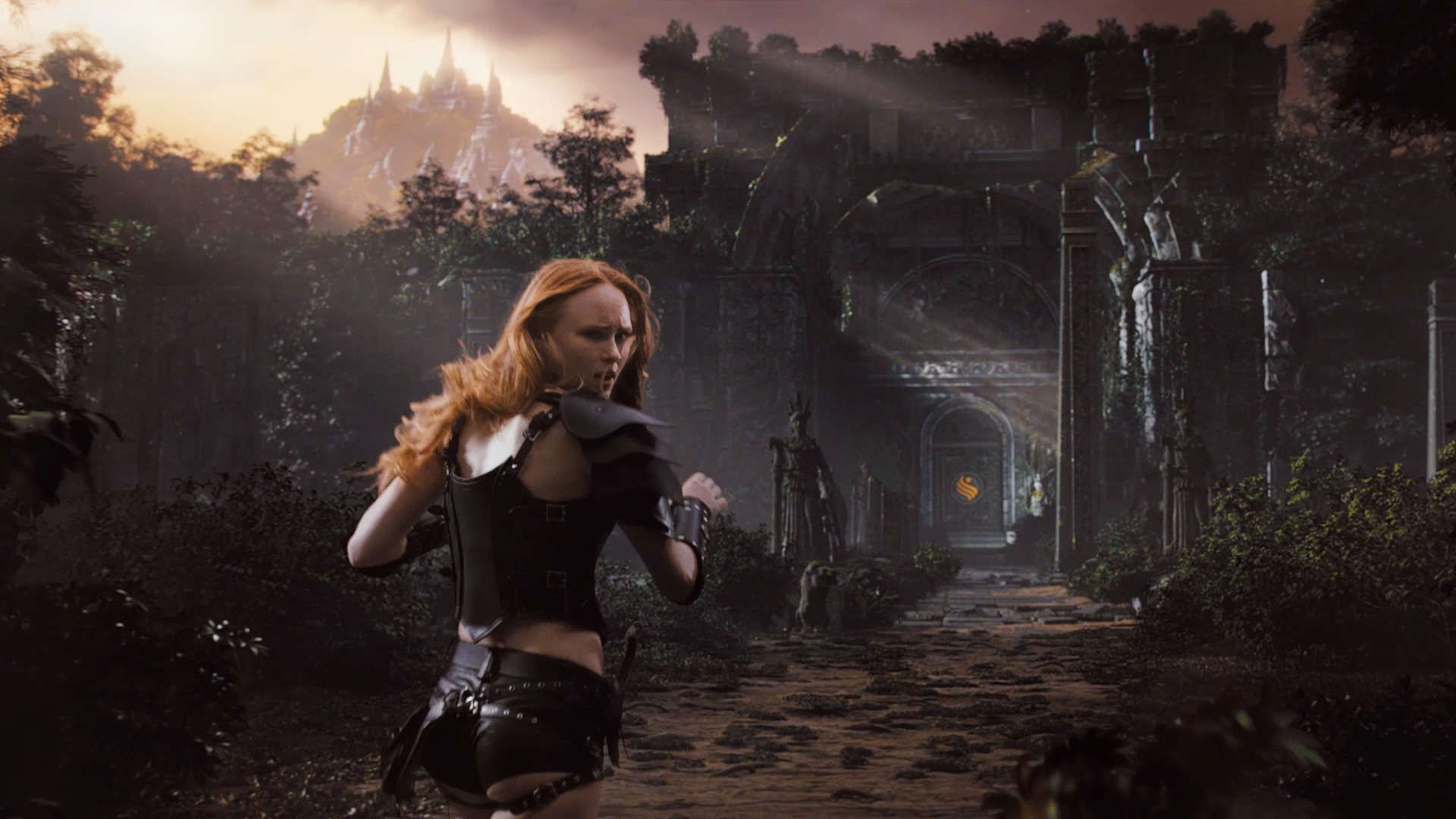
What unique opportunities—or obstacles—come with being based in Zurich as a VFX professional?
We always felt Zurich is a good place to be in Switzerland, since a large part of our potential clients are also located here. Since Covid however, I feel like the geographic locations is becoming less important, as meetings are mostly done by video call.
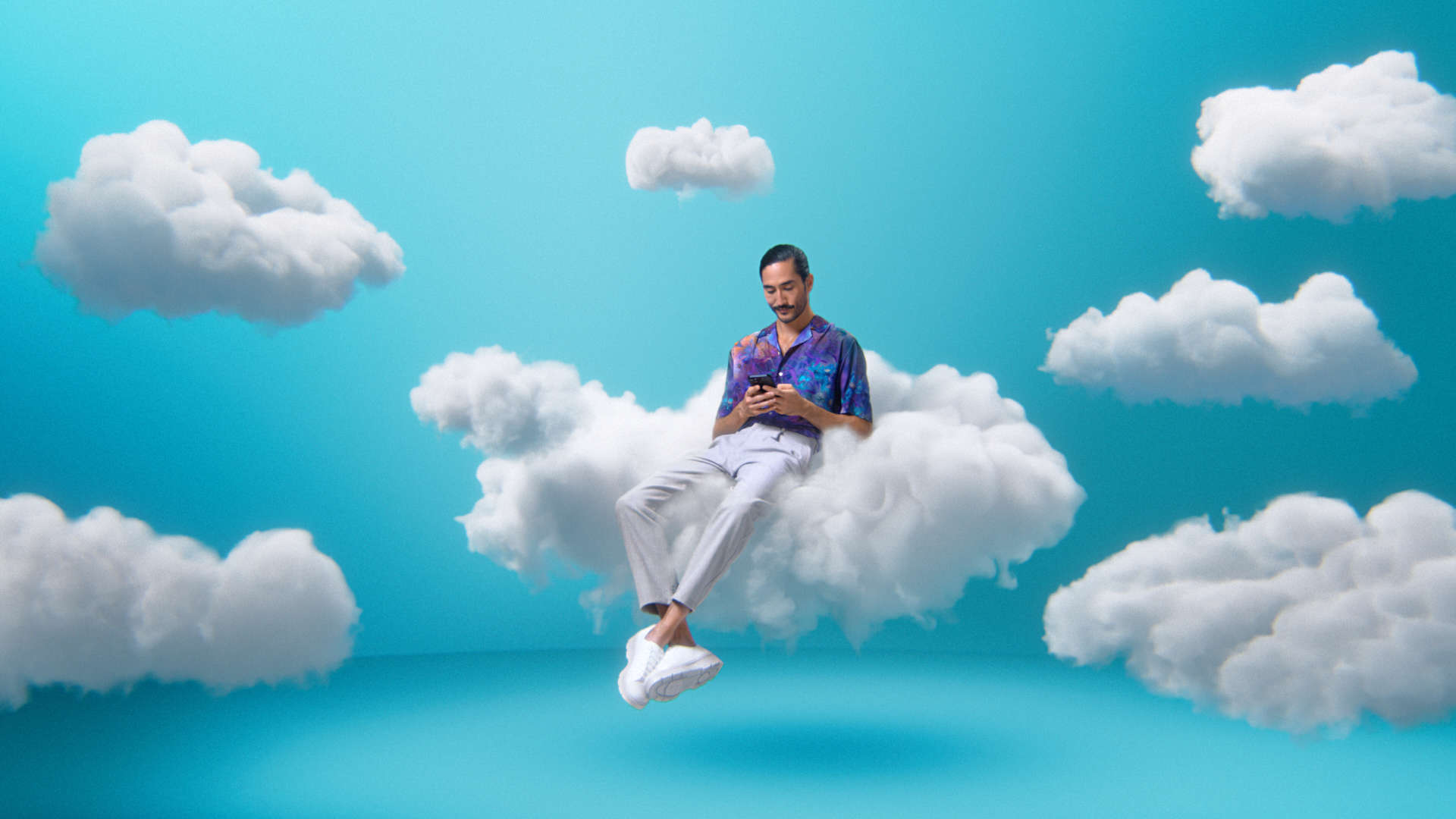
How do you see the current state of the VFX job market in Switzerland?
Given the very small market, the VFX industry is practically non-existent in Switzerland. With recent changes to the law, film financing could change to the better, but we’re still waiting for visible improvements.
In your opinion, what changes are needed to create better conditions and opportunities for Swiss VFX artists?
Unfortunately film production is not treated as a business opportunity or a worthwhile investment, but rather as a vessel for self fulfilment (or self preservation) by the production companies. Understandably so, given the lack of regulatory incentives and the fragmentation of the Swiss movie industry by our three languages. The target audience is potentially very small and financial returns are considered negligible at best.
On the other hand the quality and efficiency of our local productions are incredible. With the very little money that is available, Swiss films often surprise with very high production value. If someone had the courage to dream bigger, invest more than just the bare minimum in such a production and to produce it for an international audience, it could actually be financially successful.
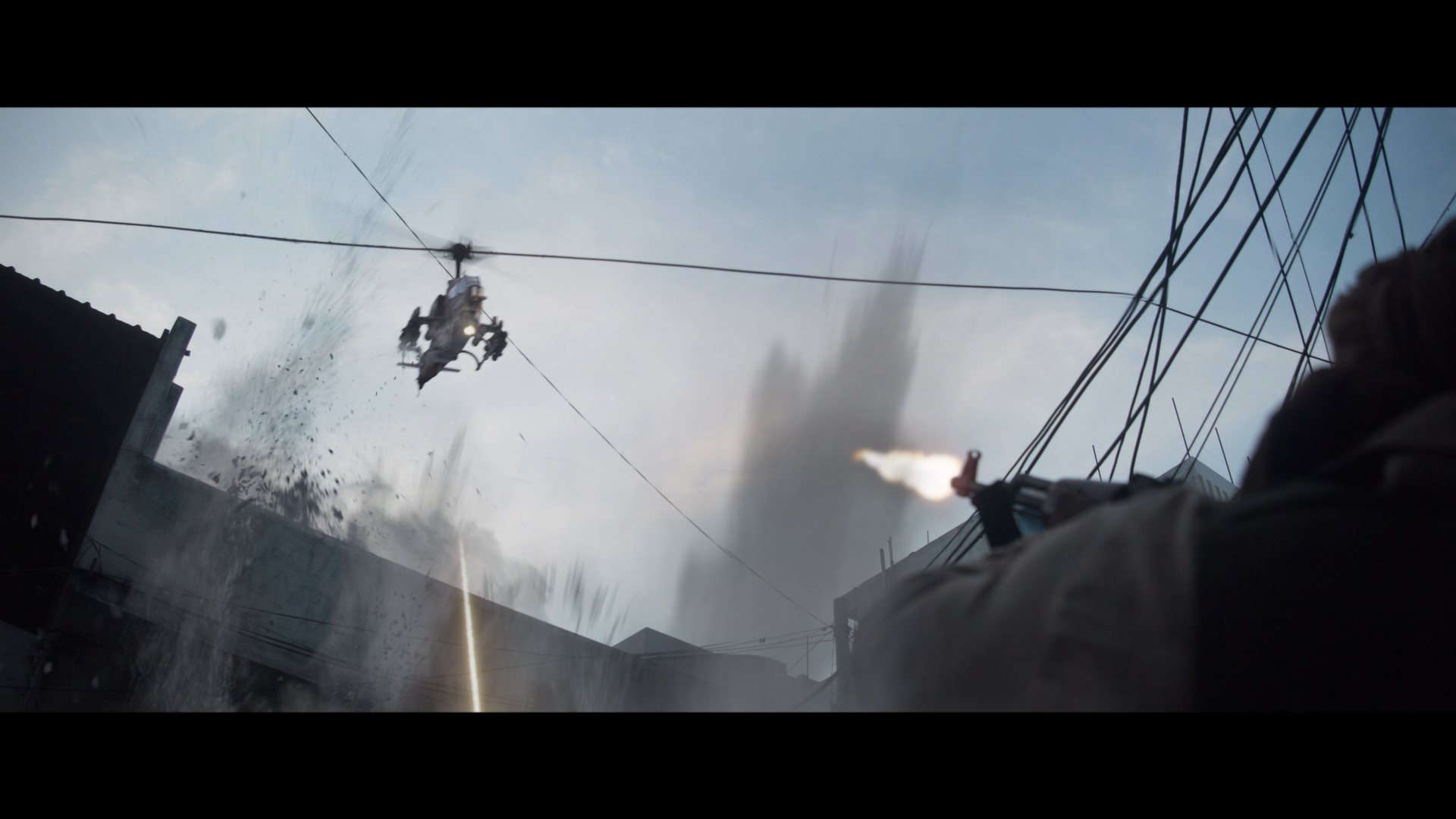
Looking back, what has been the most rewarding or memorable experience of your career so far?
It’s really hard to pinpoint one specific moment or project, but the fact that we’re still in business after 16 years, got to work on some very powerful films, constantly trying to push what’s possible here in Switzerland, with a small team that loves their work, that fills me with a lot of pride and joy.
If you could work on any project, without limits, what would be your dream assignment and why?
While most would probably say to work for something like Star Wars or another big franchise, my dream would be to realise the before mentioned big-shot Swiss production, with a lot of creative freedom and a unique twist, that could get international attention. The stories are there, the talent is ready.
